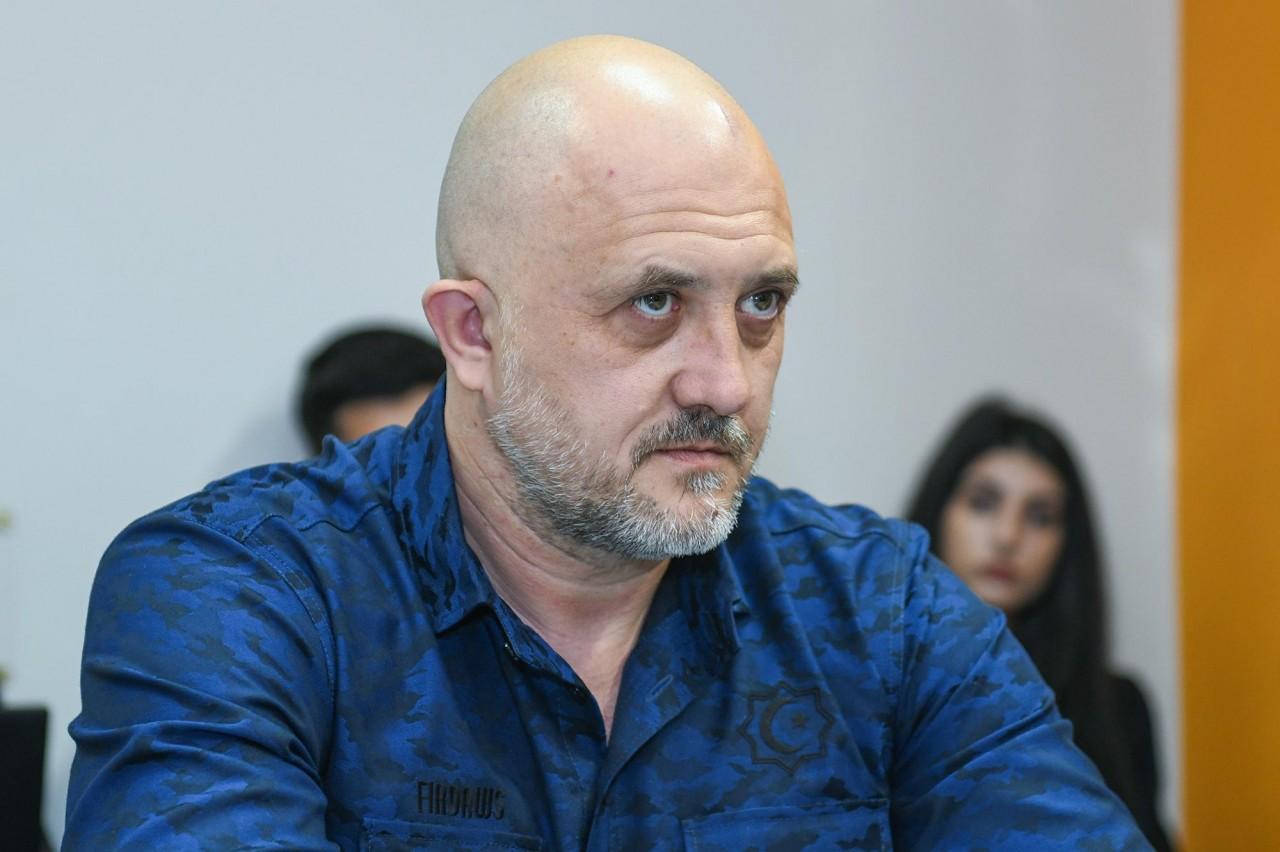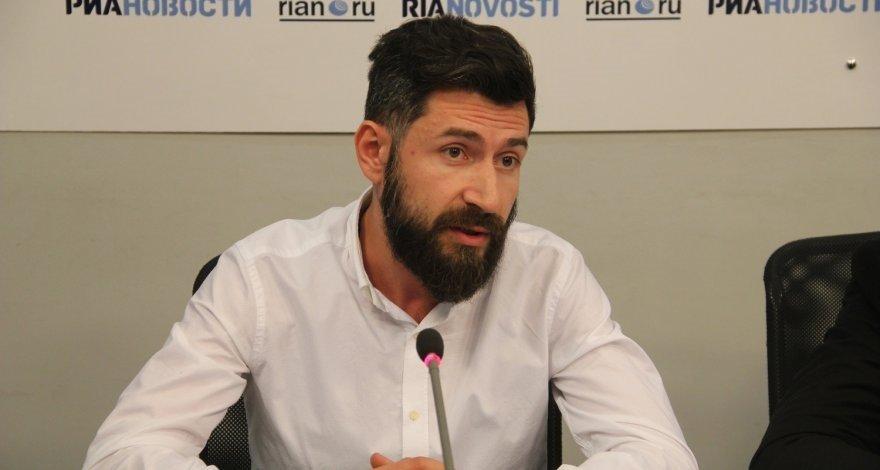"Georgian Dream poised to retain power as opposition marginalized" Expert opinions on Caliber.Az
The Parliament of Georgia prematurely terminated the mandates of 49 opposition deputies from three political groups: Coalition for Change – Gvaramia, Melia, Girchi, Droa (19 mandates); Unity – National Movement (16 mandates); Strong Georgia – Lelo, For the People, For Freedom! (14 mandates). The basis for this decision was their request to terminate their mandates, which they submitted to Parliament in November of last year. Despite overcoming the electoral threshold in the October 26 elections, they nonetheless declared the voting results illegitimate and are not participating in parliamentary activities.
Representatives of these three opposition groups wrote statements in November and December 2024 requesting the premature termination of their parliamentary mandates. David Matikashvili, Chairman of the Committee on Procedural Issues and Rules of the Georgian Parliament, stated: "The Committee discussed and supported their (the three opposition coalitions') written request for the premature termination of their mandate."
For opposition politicians, the loss of their mandates means that they will no longer be protected by parliamentary immunity. According to the "Georgian Legislative Bulletin," immunity means that "a member of parliament cannot be held accountable for thoughts and opinions expressed in parliament or outside of it while carrying out their duties." Additionally, "the arrest or detention of a member of parliament, or a search of their apartment, car, workplace, or personal belongings, can only be carried out with the consent of Parliament."
After the vote on the termination of the opposition deputies' mandates, the Speaker of the Parliament of Georgia, Shalva Papuashvili, made a statement: "Those who try to blackmail democracy and the population will always receive a fair, constitutional, and legal response. You remember that after the 2020 elections, when the opposition entered Parliament, they missed more than half of the sessions, sometimes due to boycotts, sometimes just for no reason. In reality, they didn't work a single day in Parliament. Because after the 2020 elections, the parliamentary majority gave them a chance to represent the will of their voters in Parliament, the radical opposition tried to turn this into a precedent. After the 2024 elections, we see exactly the same attempt – to annul the election results and reject the will of the people. We see the same methods, including the refusal of mandates. On behalf of the Georgian people, we will not allow the Constitution and democracy to be disregarded so that the radical opposition, with the help of its internal or external patrons, tries to trample the will of the people."
So, what comes next? Can the events be considered a significant victory for the Georgian Dream over its disgruntled opponents? The opposition did not recognise the legitimacy of the parliament they were elected to, and now, by law, they have lost their parliamentary status. As a result, they have lost the ability to influence the legislative decision-making processes. Does this not represent another blow to the opposition’s credibility in the eyes of the people, due to their inept and unsuccessful political decisions?
Well-known foreign experts shared their perspectives on this matter with Caliber.Az.

Russian political analyst and director of the Center for Strategic Studies of the South Caucasus, Yevgeny Mikhaylov, believes it is undeniable that the opposition’s exit from Parliament marks a victory for the Georgian Dream (GD) party, which has clearly adopted a stance focused on defending national interests.
"It should be noted that the opposition in Georgia is now significantly weakened. Additionally, we know that USAID assistance has been temporarily suspended, with the agency undergoing reforms in the U.S. It was through USAID that the opposition received support, including during previous parliamentary elections, when funds were sent from Armenia to back the protesters.
As a result, the opposition no longer holds many levers to destabilize the situation within the country. While certain legislative decisions will be made—decisions that are likely to displease the opposition members who have left Parliament—they will no longer be able to mobilize the public as they once did. If the Georgian Dream party begins to implement decisions that directly impact the economy and benefit the population, the opposition's slogans will lose their relevance, further diminishing its influence. In general, the opposition's authority has already weakened.
"The decisions made by the opposition can be said to have failed. That portion of the Georgian population supporting the opposition will soon be disappointed, as all their efforts and resources spent on a futile confrontation have turned out to be, once again, unnecessary.
This is especially true considering the reduction in funding for opposition parties. Well, perhaps only funds will come from Europe," said the director of the centre.
However, he emphasized that the Georgian Dream should not become complacent.
"At the moment, the political situation in Georgia has somewhat stalled. All post-Soviet countries, particularly Georgia, are awaiting moves from the U.S. administration. And, of course, they are looking for signals from the upcoming negotiations between Trump and Putin. After that, it will become clearer where Georgia should head.
This is because the Georgian leadership has recently adopted a more positive stance toward restoring contacts with Moscow. If Moscow also demonstrates certain foresight, the influence of the West in the country will continue to diminish. We’ll see. In any case, I don’t foresee any major upheavals in Georgia at the moment. Georgian Dream has received congratulations on its victory from many European leaders, and Zourabichvili has faded into obscurity. There are essentially no significant pillars left.
Of course, third parties may still provide some support for the opposition to maintain control and potentially destabilize the situation, but not to the same extent as before. In other words, the 'Maidan technologies' that worked in the past are beginning to lose their effectiveness—and Georgia has proven this. The ongoing Ukrainian conflict, which led to the country's catastrophe and, in part, was fueled by the orchestrated Maidan, serves as a lesson for Georgians to ensure nothing similar happens in their country. As a result, the situation in Ukraine has shown other nations—and those who once relied on Maidan-style tactics—that these schemes no longer work. Therefore, the Georgian opposition has no real chances in this regard. Perhaps they’ll try something else, but for now, I see no reason to worry. The situation in Georgia is stable," Mikhaylov concludes.

Political analyst, director of the Center for Islamic Studies of the Caucasus, and expert at the Financial University under the Government of the Russian Federation, Shota Apkhaidze, believes that the political situation has become quite complicated.
"The political crisis in Georgia has reached such a level that it can already be considered systemic. The polarization of society is happening because of these leaders of the destructive opposition, who want to return to power (the remnants of the Saakashvili regime), and their patrons, the ultra-liberal globalists in the West, who have constantly financed and motivated the revanche in Georgia. The situation has reached a point where the opposition, one could say, has lost touch with objective reality, with what is actually happening. Day by day, they are distancing themselves from reality and, through such boycotts, are marginalizing themselves," says the researcher.
According to him, the Georgian Dream is also taking decisive, radical steps and making it clear to the opposition that they will not retreat.
"That is, GD will not back down; on the contrary, it will keep advancing and will defend its position until the end. In fact, even those Western structures that initially recognized the election results but then changed their minds and rephrased their statements are now powerless to influence the internal political processes in Georgia. Especially given Trump's statements and overall policy, where he says that he will no longer intervene anywhere. That is, his foreign policy approaches are changing, including towards Georgia.
The opposition has found itself in a sort of unclear, you could say, paradigm. What will happen next? Nothing will happen. I think, most likely, GD will remain in power, and no one will overthrow it. As for the opposition, it will just continue to gradually marginalize itself," Apkhaidze concluded.








